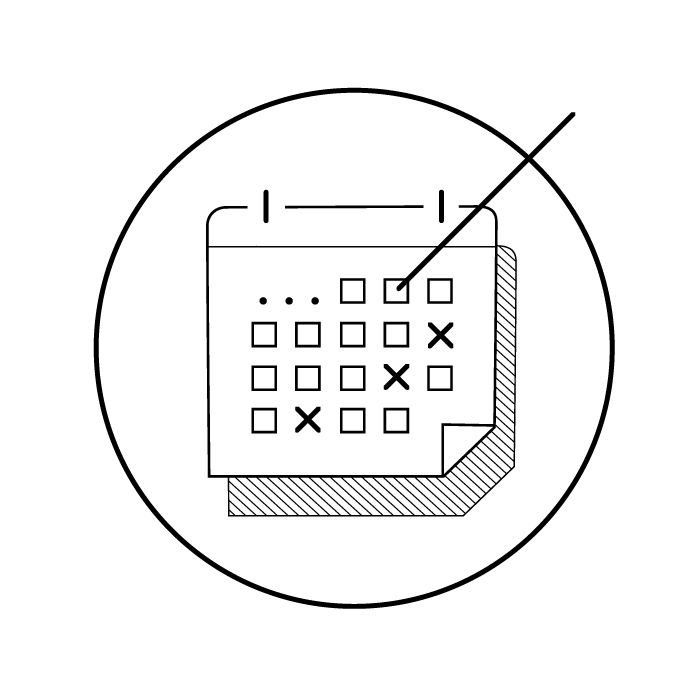 Conference
Conference
Max Weber’s Hinduism and Buddhism
Reflections on a Sociological Classic 100 Years On
Type of conference
8–10 September 2016
Organisers: Peter Flügel (SOAS) and Sam Whimster (Max Weber Studies) in cooperation with the German Historical Institute London, Nehru Centre London, Max Weber Kolleg Erfurt, and the British Sociological Association
Venue: SOAS, Russell Square: College Buildings
Following the successful Weber and China conference at SOAS University of London in September 2013, attention turns to another anniversary. In April and December 1916 and May 1917 the Archiv für Sozialwissenschaft und Sozialpolitik published two long articles on the religions and the social and political structures of South Asia in historical perspective. Hinduism and Buddhism was Weber’s second essay (after Confucianism and Taoism) on the economic ethics of the world religions. ‘Indian religiosity, theoretically and practically, was the cradle of the most world denying form of religious ethic that the world has ever brought forth.’
Certain weaknesses of his analysis have received attention in previous conferences and publications: his overreliance on the sacred texts rather than on how religion was lived, the biases of western Indology, his conceptualization of caste. Equally, Weber thought a modern India would emerge in the process of nation state formation, just as he noted the emergence of modern capitalism in Shanghai in 1911. South and East Asia are now shaping capitalism in the twenty-first century according to their own requirements.
Hinduism and Buddhism marks Weber’s intense preoccupation with the religions and ethics of South Asia and their diffusion throughout the region. He reaches back to texts, which today can only be reckoned ancient, brilliantly characterizing their fundamental precepts and attitude to inner and outer worlds. Weber lacked the knowledge to interrelate religions to social, political and economic currents according to today’s much richer scholarly sources. But his handling of a number of themes remain classic and exemplary, issues so fundamental that they remain unresolved and just as relevant today.
Conference programme (PDF)